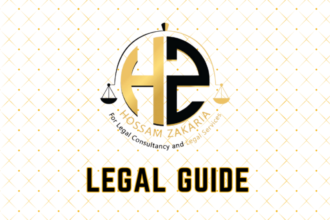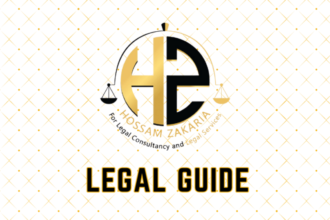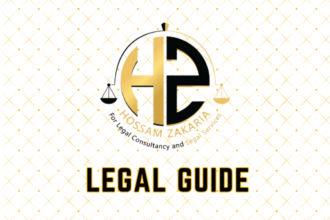Business Law in France
Unlocking Business Law in France: Navigating the Legal Landscape
Exploring Business Law in France
France, known for its rich history and vibrant culture, also boasts a complex legal system that governs business activities within its borders.
Understanding the Legal Framework
Civil Law Tradition
France follows a civil law tradition, which means its legal system is based on written law codes. These codes outline the rights and obligations of individuals and entities in various legal matters.
Commercial Law
French commercial law regulates business activities such as contracts, transactions, and company formations. It encompasses a wide range of topics, including business organizations, competition law, and consumer protection.
Key Aspects of French Business Law
Formation of Business Entities
In France, businesses can choose from various legal structures, including sole proprietorships, partnerships, and corporations. Each structure has its own set of legal requirements and implications for taxation and liability.
Contract Law
Contracts play a crucial role in business transactions in France. The country has well-established contract law principles that govern the formation, interpretation, and enforcement of contracts.
Employment Law
French employment law is comprehensive and heavily regulated, covering areas such as hiring and firing practices, working conditions, and employee benefits. Employers must adhere to strict regulations to ensure compliance with labor laws.
Navigating Legal Challenges
Legal Assistance
Given the complexities of French business law, seeking legal assistance is essential for businesses operating in the country. Experienced legal professionals can provide guidance and support in navigating legal challenges and ensuring compliance with regulations.
Staying Updated
Businesses must stay informed about changes in French business law to adapt their practices accordingly. Regularly monitoring legal developments and seeking advice from legal experts can help businesses stay compliant and mitigate legal risks.
Conclusion
In conclusion, understanding business law in France is essential for businesses operating in the country. By familiarizing themselves with the legal framework, key aspects, and navigating legal challenges, businesses can thrive in the vibrant French market.


